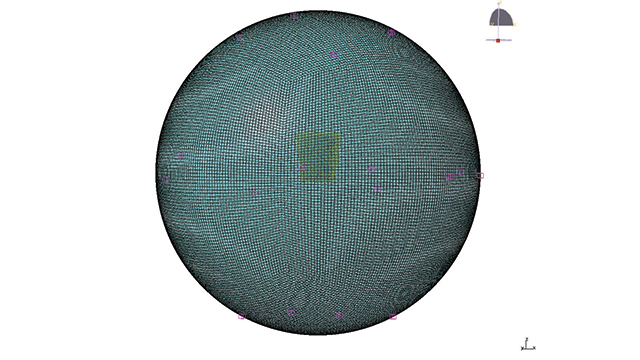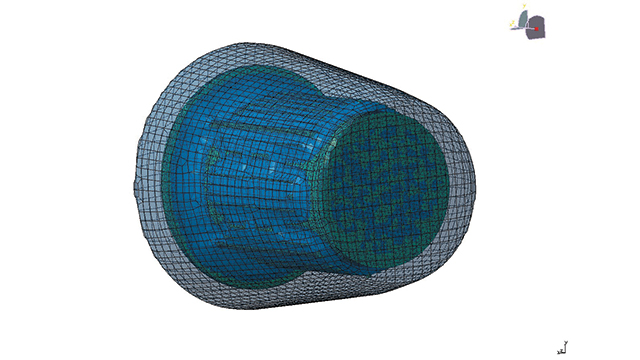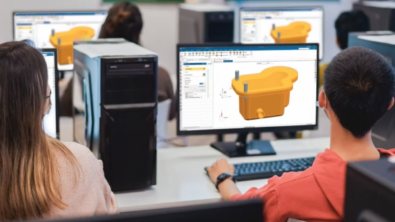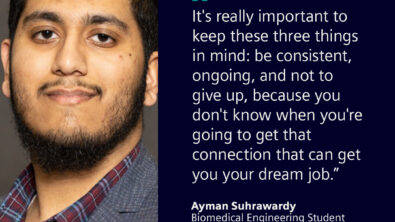Kettering University uses Siemens Digital Industries Software’s solutions for electric motor noise reduction study
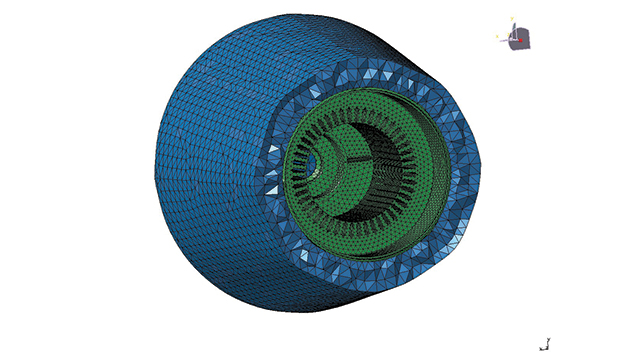
The results of this study will enable us to provide a methodology to identify and isolate resonant frequencies in an electric motor
Javad Bagersad, Director NVH and Experimental Mechanics Laboratory Kettering University
Many companies are investing in heavily in electric vehicles (EVs) as they are considered environmentally friendly and are thought to be the future of mobility. Kettering University in Flint Michigan set out to find a cost-effective way to reduce the noise from electric motors, using Siemen’s Simcenter solutions in their academic research.
The goals of the study were:
- Provide vehicle passengers a more comfortable, safe and quiet ride
- Obtain better results through high-end processing techniques of Simcenter Testlab
- Reduce cost and facilitate customer satisfaction
Electric motors are quieter than internal combustion (IC) engines, however motor wine is a common type of sound produced by EVs. A method to reduce sound from the EV is crucial to a pleasant driving experience. Around 45 miles per hour, road/tire noises mask the motor wine so the primary challenge is to block and isolate these noises when driving at speeds under 45, without adding additional weight and cost to the vehicle.
One of the main challenges of the study was integrating different software elements, the simulation was divided into three parts. Electromagnetic analysis, structural analysis, and acoustic analysis. Siemens Simcenter Testlab ™ software and Simcenter 3D were used for the structural and acoustic analysis, respectively.
Acoustic test simulation
“Siemens has helped us a great deal, especially by extending the Simcenter 3D license to us,” says Anand Krishnasarma, graduate research assistant, NVH and Experimental Mechanics Laboratory, Kettering University. “A wide range of training material has helped the NVH and Experimental Mechanics lab here at Kettering get accustomed to different types of acoustic simulation techniques.”
Simcenter Testlab is used in several mechanical engineering and physics departments at Kettering University. Students use this product to conduct many academic projects that prepare them for use in the industry once out of school.
To learn more about this Kettering University’s case study click here.
